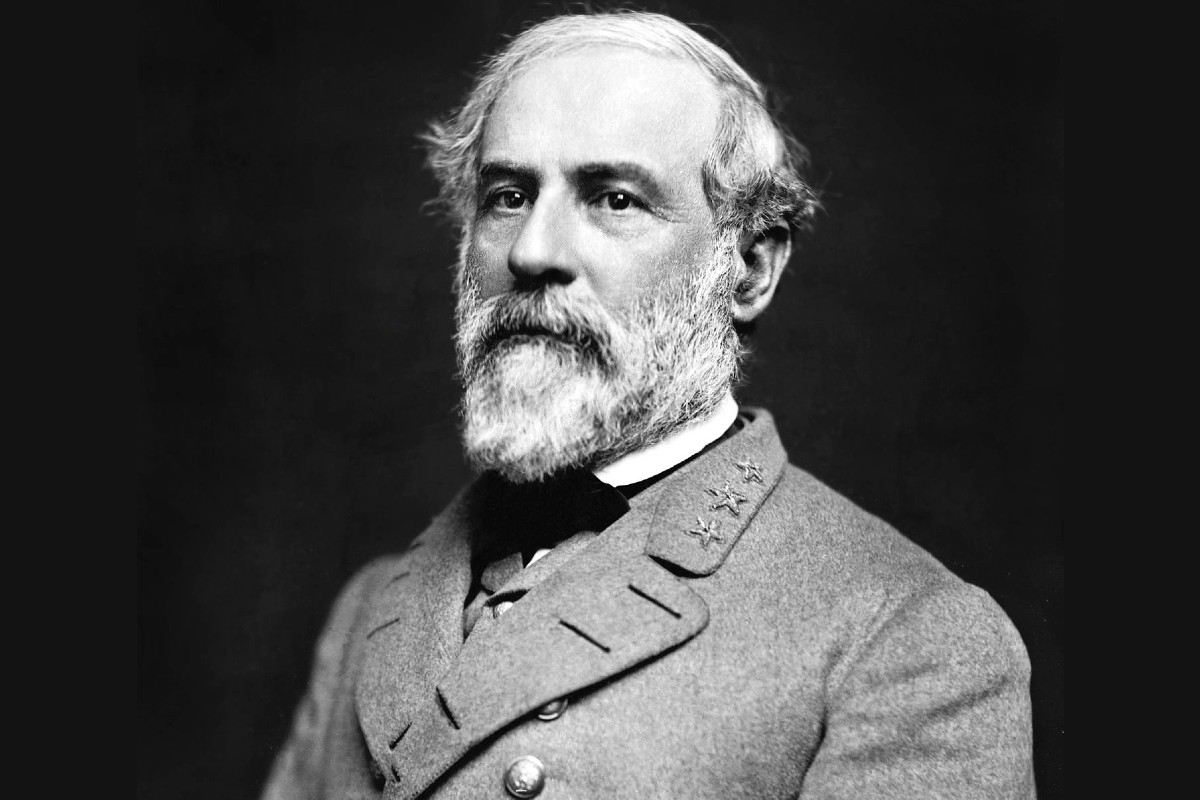
EDITOR’S NOTE: None of South Carolina’s eight active duty military installations are named after Confederate soldiers, but this article may shed a new light on your thinking about Civil War names.
By Elliott Brack, republished from GwinnettForum | The book, Robert E. Lee and Me, was written by Ty Seidule, an author I had never heard of. Though I hesitated in opening the book, I’m glad I did. For it is an amazing book, one that thoroughly changed my mind about renaming military posts for Confederate leaders.
 Seidule is a retired career Army brigadier general, who for 20 years was a professor of history (now emeritus) at West Point. He is a graduate of Washington and Lee University and holds a Ph.D. from the Ohio State University. In 2021, Secretary of Defense Lloyd Austin appointed him to the National Commission on Base Renaming. He served as the vice chair.
Seidule is a retired career Army brigadier general, who for 20 years was a professor of history (now emeritus) at West Point. He is a graduate of Washington and Lee University and holds a Ph.D. from the Ohio State University. In 2021, Secretary of Defense Lloyd Austin appointed him to the National Commission on Base Renaming. He served as the vice chair.
Seidule grew up in Lexington, Virginia, the site of Washington and Lee, and was immersed in Robert E. Lee’s life. He understands the “Lost Cause” of Southern history which held that Lee was the greatest man who ever lived. The work of Seidule is essentially showing us why and how he changed his views about the Civil War and its leaders, showing them in a far different light than most Southerners think.
In our nation’s history, the U.S. Army named military installations for individuals, such as Fort Washington, Md., in 1776; Fort McPherson, Ga., in 1867 for Maj. Gen. James B. McPherson; and Schofield Barracks in Hawaii for Lt. Gen. John Schofield in 1908.
One of the reasons there are many military bases named for Confederates is that many Army posts were founded during a time when leaders in Congress were Southerners and former Confederates, and who controlled the naming of military posts. Yet many Army posts therefore were named for people who fought (as Confederates) against the country. That is why the country is re-naming Army posts these days.
 Therefore, we had 10 Army facilities named for Confederates.
Therefore, we had 10 Army facilities named for Confederates.
- Fort Benning, Ga.: Brig. Gen. Henry Benning. lower rank Confederate general who was a secessionist and slaveholder.
- Fort Gordon, Ga.: Georgia’s John B. Gordon. After the war, he was Grand Dragon of the Ku Klux Klan, and led the national Klan. He is a former Georgia governor and senator.
- Fort Lee, Va.: Gen. Robert E. Lee of Virginia, overall commander of the Confederate Army. Later president of Washington College.
- Fort Pickett, Va.: Maj. Gen. George Pickett, best known for leading the futile charge at Gettysburg, who initially fled to Canada after the war.
- Fort A.P. Hill, Va., Lt. Gen. A.P. Hill, was a division commander under Lee and died in combat.
- Fort Bragg, N.C.: Braxton Bragg, considered one of the worst generals of the war, as his frontal assaults often lost.
- Fort Polk, La.: Leonidas Polk, an Episcopal bishop, another incompetent who was known to fail to follow orders.
- Camp Beauregard, La.: Pierre G.T. Beauregard led the attack on Fort Sumter.
- Fort Hood, Texas.: John Bell Hood., abandoned Atlanta to Sherman.
- Fort Rucker, Ala.: Col. Edmund Rucker of Tennessee, a former enlisted man, later became an industrial leader of Birmingham, Ala.
All but Benning, Gordon and Rucker were graduates of West Point, but then fought against their country. That’s one reason the Army bases are being renamed.
The author also illustrates how many facilities at the Military Academy at one time were named for Confederates, many of them for Lee. An announcement last week told how West Point will continue removing Confederate symbols.
More than 200 symbols of the Confederacy have been removed or renamed at the Academy since 2020. A Defense Department directive ordered West Point to remove or replace items “that commemorate or memorialize the Confederacy.”
Our country owes a debt of gratitude to Brig. Gen (Ret) Ty Seidule for explaining this to our country. It changed my view of military base names.
Veteran Georgia journalist Elliott Brack publishes GwinnettForum twice a week online. Have a comment? Send to: feedback@statehousereport.com
















 We Can Do Better, South Carolina!
We Can Do Better, South Carolina!
With all due respect, Elliot Brack, has skewed American history by putting forward the idea that any and all Confederates fought against their country. No, they fought for their country. The Confederate States had legally seceded from the Union such that Southerners took up arms to defend themselves and their new country from an invasion by the Northern States. Elliot Brack’s appointment to the renaming commission was nothing more than stacking the court to represent the current hostilities that are being promoted by a raciest organization and supported by an uneducated liberal element of our society. I wouldn’t touch his book with a ten foot pole nor would I consider any thing that he writes as being worthy of reading.